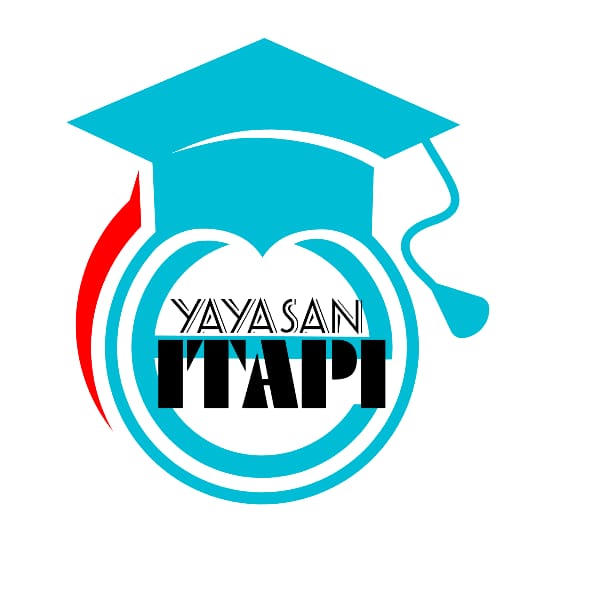The Influence of Family Environment and Peers on Student Learning Discipline at Vocational High School 12 Jakarta
Pengaruh Lingkungan Keluarga dan Teman Sebaya terhadap Kedisiplinan Belajar Siswa di SMK Negeri 12 Jakarta
DOI:
https://doi.org/10.52187/rdt.v6i3.359Keywords:
family environment, peers, learning disciplineAbstract
Learning discipline in the context of education refers to students' desire and attitude toward the learning process as well as their capacity to adhere to regulations and study plans. Learning discipline entails following guidelines, maintaining regular study schedules, and being able to turn in assignments on time. Furthermore, it is intimately linked to students' dedication to the learning process, personal motivation, and time management. Investigating the degree to which the peer and family environments affect students' learning discipline at SMK Negeri 12 Jakarta is the aim of this study. 103 students made up the sample size for this quantitative study, which was then re-proportioned. Proportional random sampling, a probability sampling approach, was used to choose the respondents. Multiple linear regression analysis was used to examine the study's data. With a significance value of 0.000, which is less than 0.05, the results demonstrated that peers and the home environment both significantly affect learning discipline at the same time. Furthermore, the two factors account for 58.5% of the construction of student learning discipline, according to the study of the coefficient of determination (R²). As a result, it's critical to establish an environment that promotes learning in both the home and the classroom. This includes creating a cozy study space, reducing outside distractions, and promoting candid dialogue between educators, parents, and students.
References
Brown, B. B., & Larson, J. (2009). Peer relationships in adolescence. In R. M. Lerner & L. Steinberg (Eds.), Handbook of adolescent psychology: Contextual influences on adolescent development (3rd ed., pp. 74–103). John Wiley & Sons, Inc. Retrieved from https://doi.org/10.1002/9780470479193.adlpsy002004
Cendiana, B., Ronald, J., & Amelia, M. (2017). Pengaruh Lingungan Keluarga, Teman Sebaya , Pemberian Pada Mata Pelajaran IPS Terpadu Kelas VIII di SMP N 3 Pulau Punjung. 6(1), 37–44.
Dwyer, K. (2017). The Role Of Family Communication In The Development Of Children’s Self-Discipline. Journal Of Family Communication, 17(3), 215-230. Retrieved from https://doi.org/10.1080/15267431.2017.1331980
Gnawali, Y. P. (2022). Ganeshman Darpan Use of Mathematics in Quantitative Research. Ganeshman Darpan, 7(1), 1.
Monks, F. J., Knoers, A. M. P., & Haditono, S. R. (2019). Psikologi perkembangan: Pengantar dalam berbagai bagiannya. Yogyakarta: Gadjah Mada University Press.
Pratiwi, R., & Muhsin, M. (2019). Pengaruh Tata Tertib Sekolah, Lingkungan Keluarga, Lingkungan Teman Sebaya, dan Minat Belajar terhadap Disiplin Belajar. Economic Education Analysis Journal, 7(2), 638-653. Retrieved from https://journal.unnes.ac.id/sju/eeaj/article/view/28281
Rahmawati, N. (2016). Kenakalan Remaja dan Kedisiplinan: Perspektif Psikologi dan Islam. SAWWA, 11(2), 267-280. Retrieved from. https://doi.org/10.21580/sa.v11i2.1458
Santrock, J. W. (2019). Adolescence (17th ed.). New York: McGraw-Hill
Slameto. (2015). Belajar dan Faktor-Faktor Yang Mempengaruhinya. Jakarta: Rineka Cipta
Steinberg, L. (2016). Adolescence (11th Ed.). New York: Mcgraw-Hill Education.
Sugiyono. 2016. Metode Penelitian Pendidikan (Pendekatan Kuantitatif, Kualitatif, dan R&D). Bandung: Alfabeta
Susilowati, E., Yuliani, D., Suharma, Praptoraharjo, I., Dewi, E. H., Yusuf, H., … Luther, R. (2022). Survei Nasional Pengalaman Hidup Anak dan Remaja (SNPHAR) 2021. Politeknik Kesejahteraan Sosial, Bandung. Retrieved from https://www.kemenpppa.go.id/page/view/ndmymg==
Yanti, Y., & Marimin. (2017). Pengaruh Motivasi, Lingkungan Keluarga, Dan Teman Sebaya Terhadap Kedisiplinan Siswa. Jurnal Unnes, 6(2), 329–338. Retrieved from http://journal.unnes.ac.id/sju/index.php/eeaj
Zimmerman, B. J. (2010). Self-Regulated Learning and Academic Achievement: An Overview. Educational Psychologist, 25(1), 3–17. Retrieved from https://doi.org/10.1207/s15326985ep2501


















